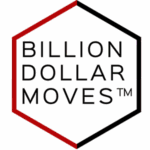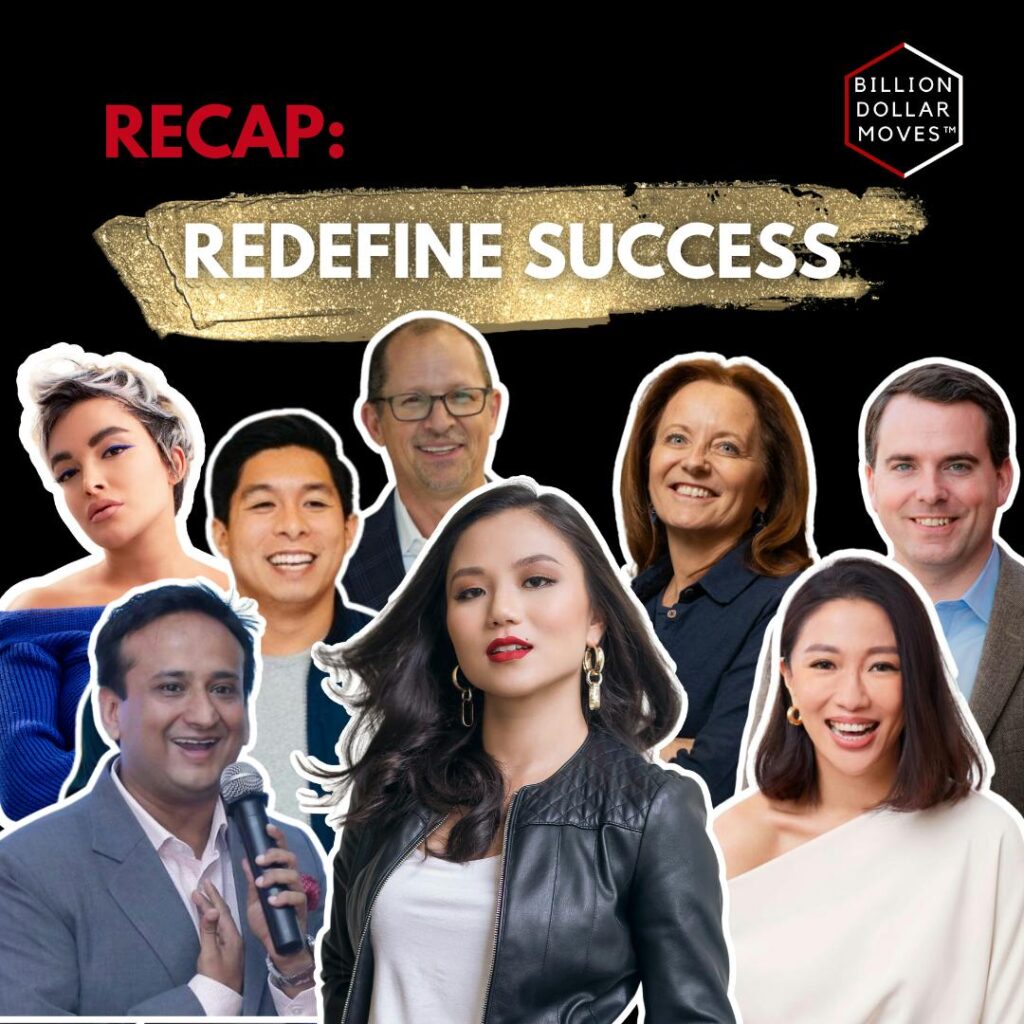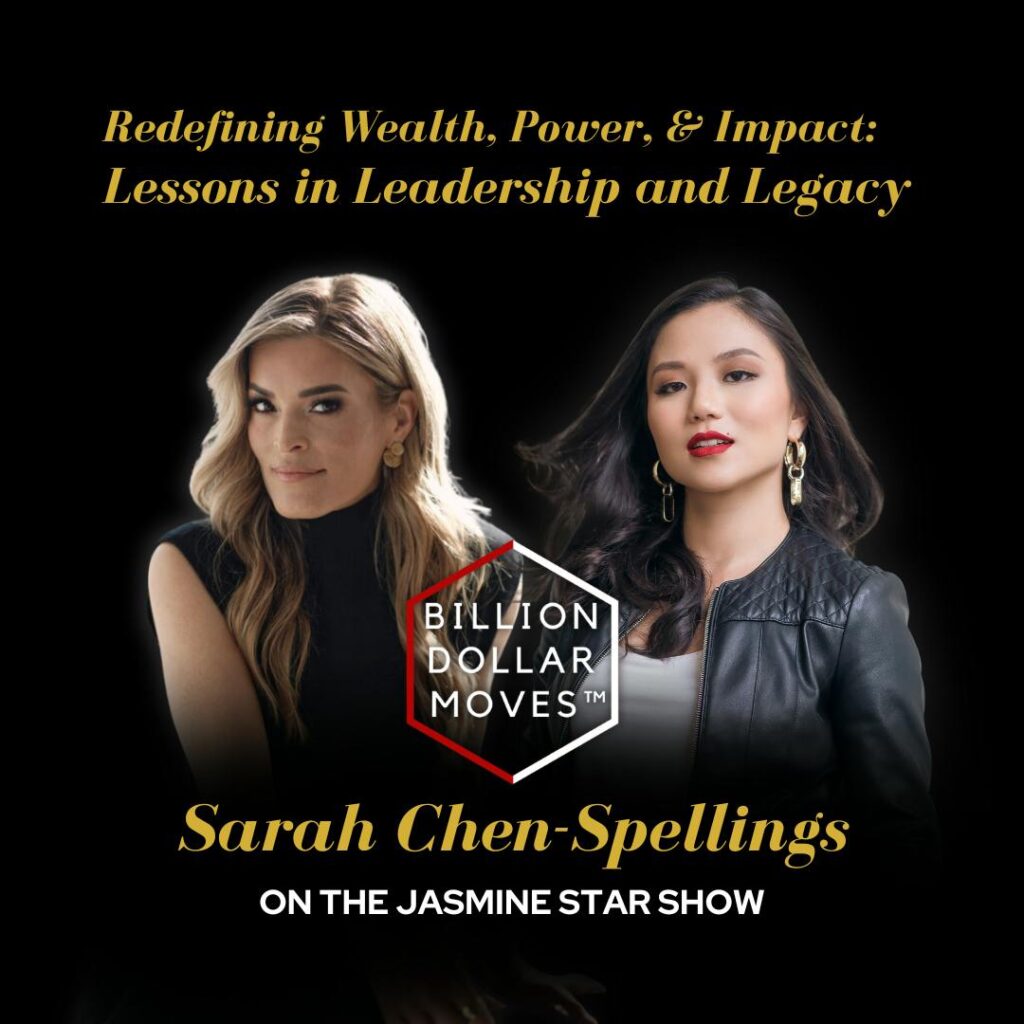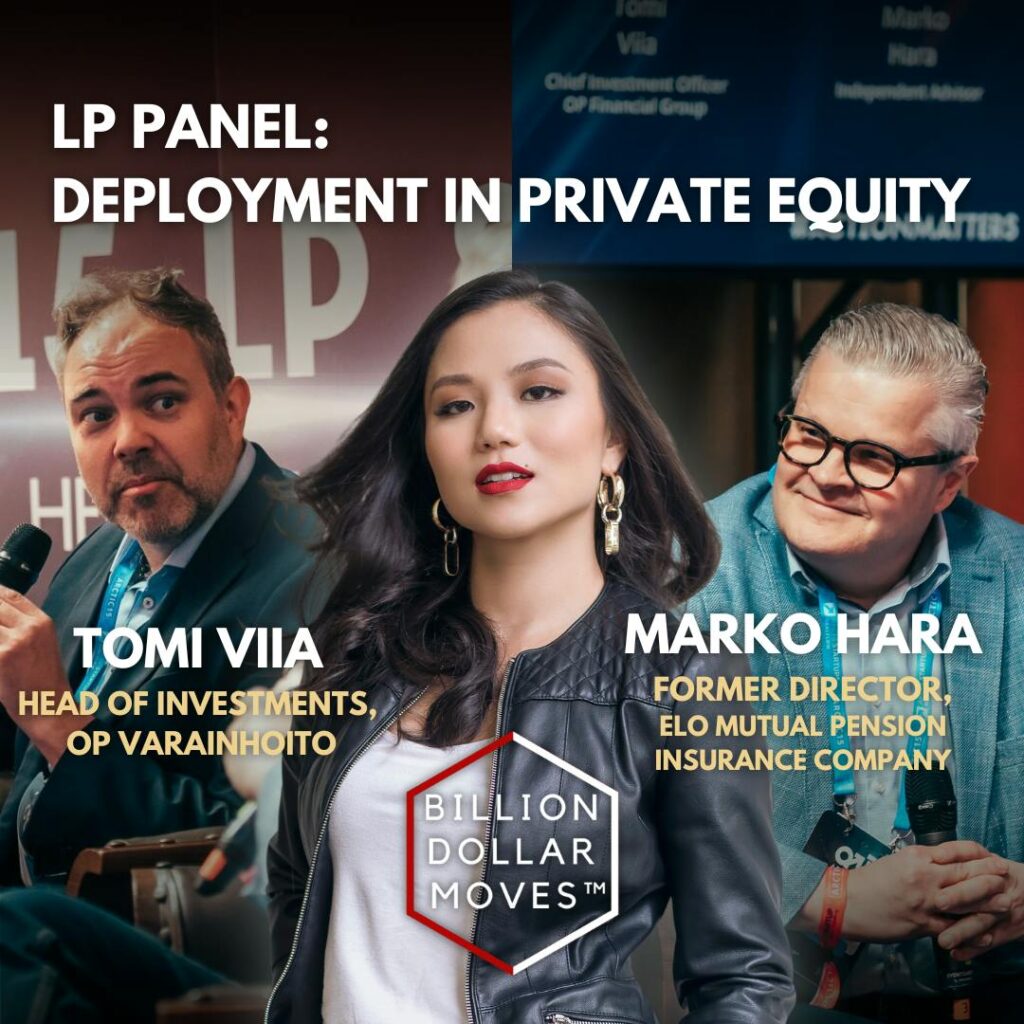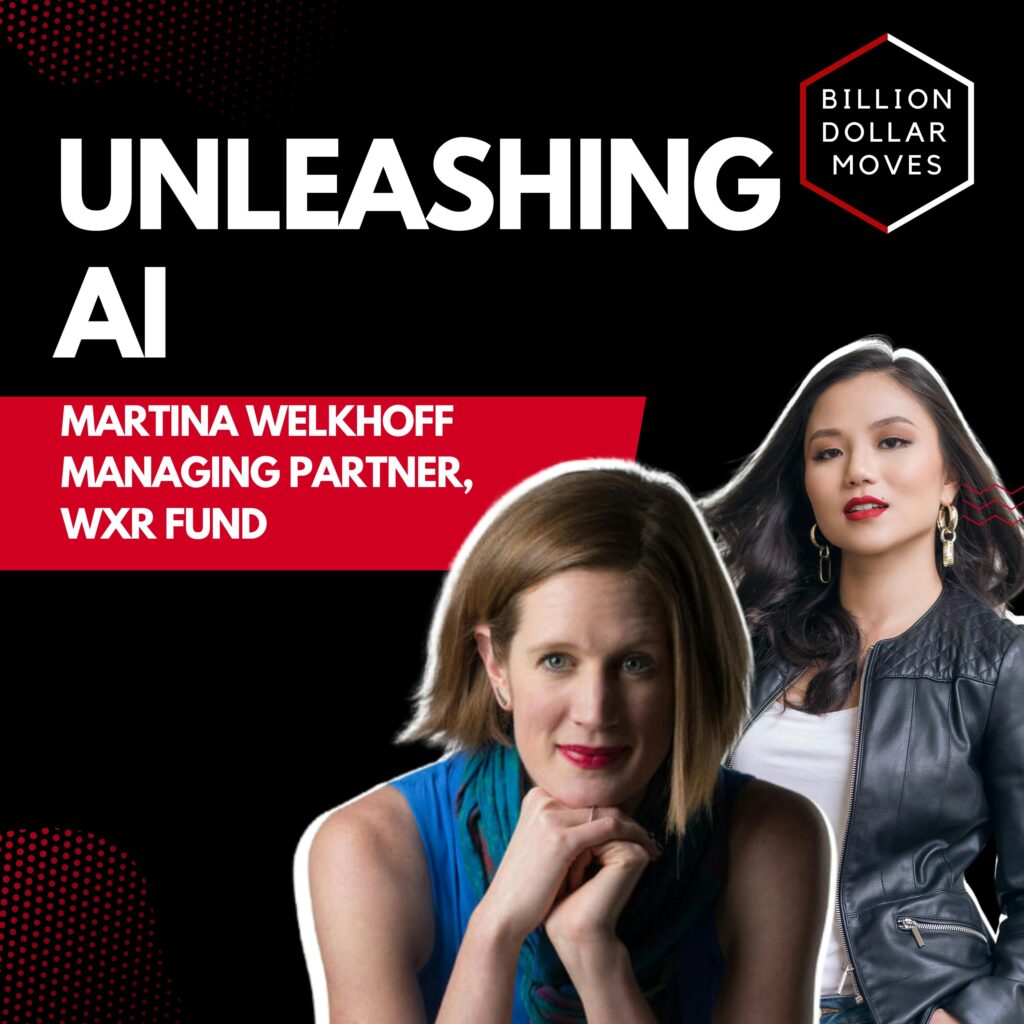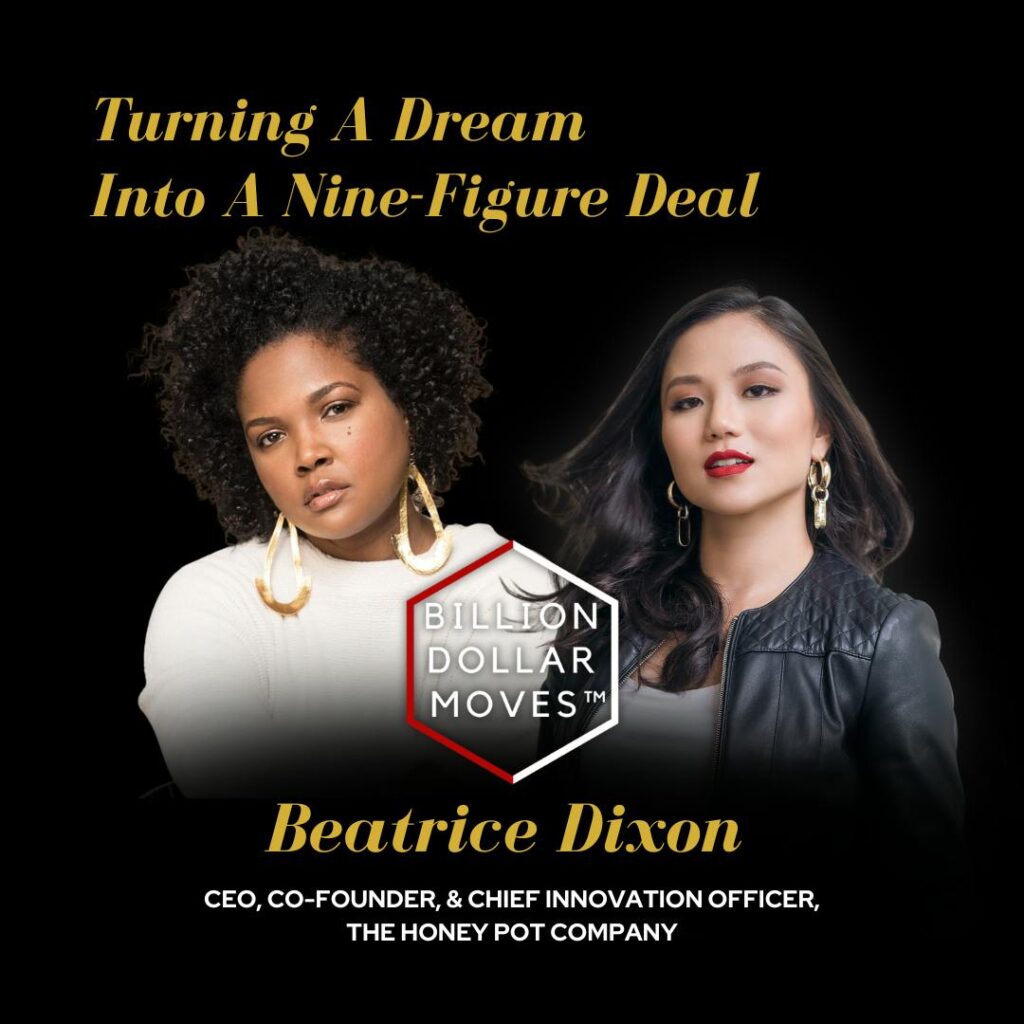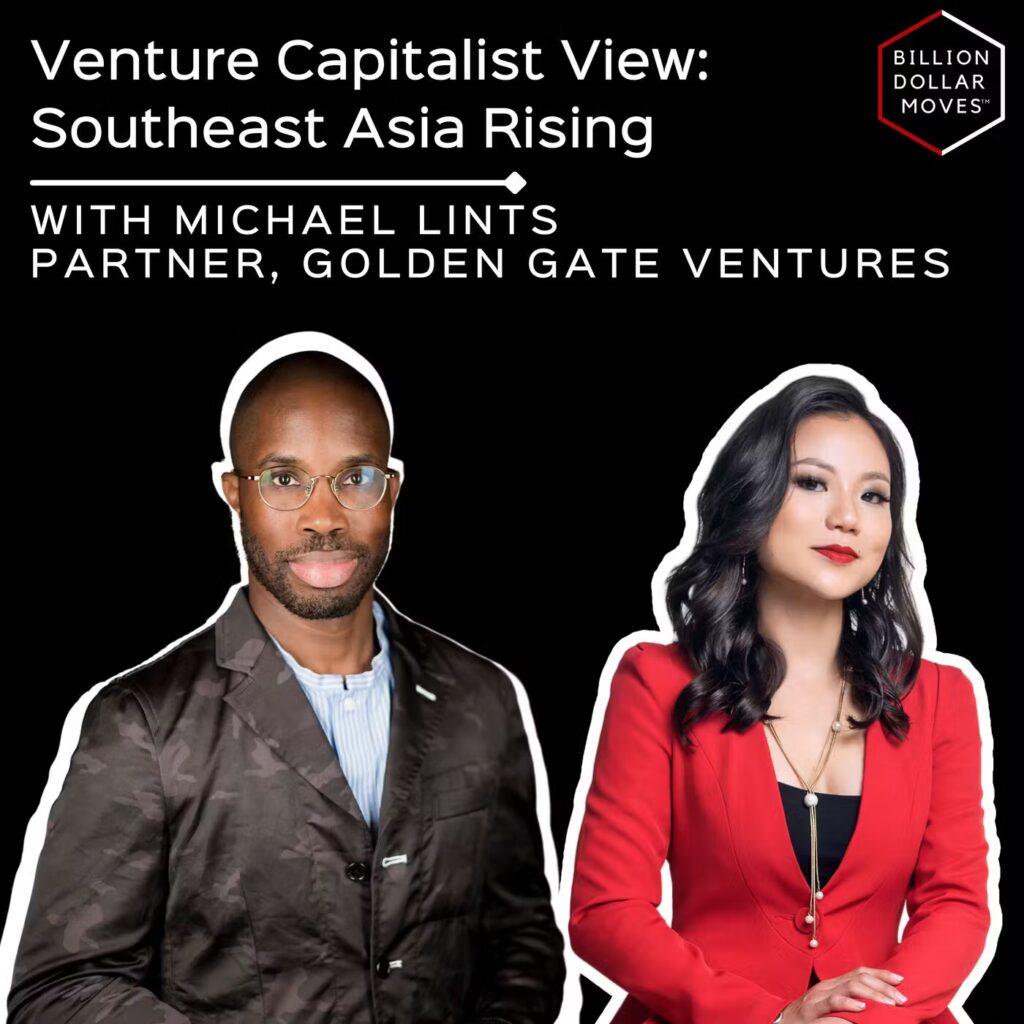This week, we’re taking you back into the dynamic world of corporate venture capital with a must-listen conversation featuring Nick Washburn, Senior Managing Director at Intel Capital — one of the most prolific and impactful CVCs, with over $20 billion invested across the tech ecosystem.
Why now? Gearing up for 2025 — after the rollercoaster of recent years, investor sentiment is shifting dramatically. Institutional giants like pension funds and family offices are reportedly increasing their VC allocations by as much as 33% in the next 12 months!
If you missed out the original episode, or would like to revisit these key takeaways — this episode is for you. Whether you’re a founder, an innovator, or a capital allocator, Nick’s wisdom is packed with actionable takeaways, and life lessons really, that will leave you energized and ready to seize the opportunities 2025 has to offer.
December 26, 2024
Play
Pause
00:00
1X
Sorry, no results.
Please try another keyword
- This week, we're taking you back into the dynamic world of corporate venture capital with a must-listen conversation featuring Nick Washburn, Senior Managing Director at Intel Capital — one of the most prolific and impactful CVCs, with over $20 billion invested across the tech ecosystem. Why now? Gearing up for 2025 — after the rollercoaster[...]
